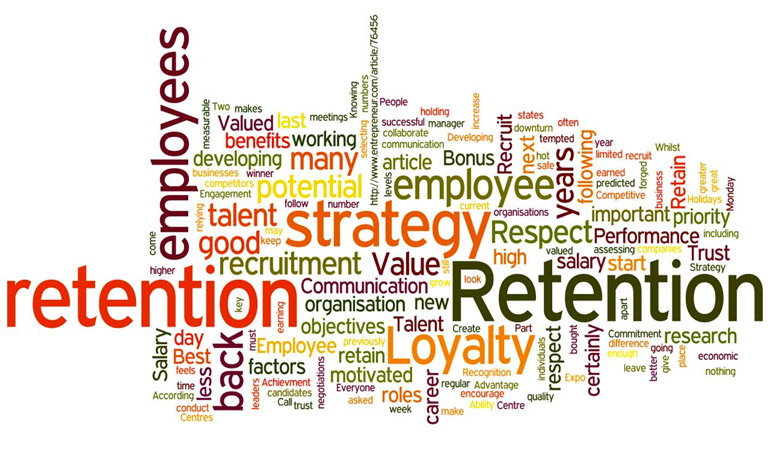 23% of 3,000 HR professionals surveyed by Alexander Mann Solutions (AMS) cited staff retention issues as their biggest concern
23% of 3,000 HR professionals surveyed by Alexander Mann Solutions (AMS) cited staff retention issues as their biggest concernWhilst Brexit’s place in the headlines seems assured for at least the next two years, it is no longer the first, or even the hottest topic of conversation for everyone. For HR directors, the problem is more nuanced, but no less potentially nightmarish.
Retention
23% of 3,000 HR professionals surveyed by Alexander Mann Solutions (AMS) cited staff retention issues as their biggest concern.
Only 9% of respondents listed Brexit as their top worry. However, most companies are already putting together the pieces of this particular jigsaw puzzle. Even if Brexit is not currently the hammer blow portrayed by certain sectors of the media, it already affects talent retention.
With the continuing question mark over mobility from the EU27 into the UK, and vice versa, employers are nervous for two reasons. The first is that they may lose existing employees to the continent. Unlikely as it yet seems, this situation could arise if individuals lose their legal right to live and work in the UK. Equally, if individuals perceive the UK as a less welcoming place, they may return home. The second reason is that companies fear that the talent pool within the EU may no longer be available to them.
People strategies as a solution
The survey from AMS ties in with a PwC report that found that four in five UK CEOs have plans to look closely at their people strategies. The key question is how they might do this.
With the halcyon days of generous LTIPs and share plans largely behind them, companies are struggling to find new ways to hold on to staff. Those examining employee engagement understand that it means far more than rewriting policies on flexible working or parental leave. Rather, it addresses employee redeployment, personal development, and cross-training. This calls for looking at each employee in a more holistic way, both for an individual’s own well-being, and for the good of the business.
It is important to note that not all the concern about retention is Brexit-driven. Some is employee-led, particularly from the so-called “millennials”. In broad terms, this is the demographic group born between the early 1980s and the early 2000s. Now mostly in the workforce, they pose new challenges for HR directors. Their digital affinity, distrust of “information silos”, and dislike of rigid corporate hierarchies sets them apart from previous generations. By 2020, they will comprise 50% of the global workforce. Any employer ignores them at their peril, and would do well to pay attention to what does matter to them: work that is both valued and valuable, flexibility, and regular feedback and encouragement.
Listening to the millennials may pay dividends when it comes to addressing overall staff retention. Few employees measure their value to a business by their benefits’ package alone. They also judge the effort their employer puts into their professional development, and how, and where, that employer deploys its staff. After all, a satisfied employee is less likely to jump ship.
Join Over 40,000 Recruiters. Get our latest articles weekly, all FREE – SEND ME ARTICLES
Recruiters love this COMPLETE set of Accredited Recruitment & HR Training – View Training Brochure








